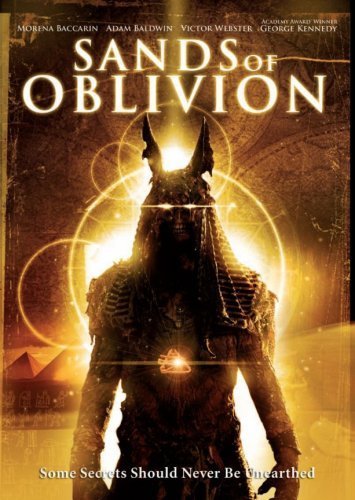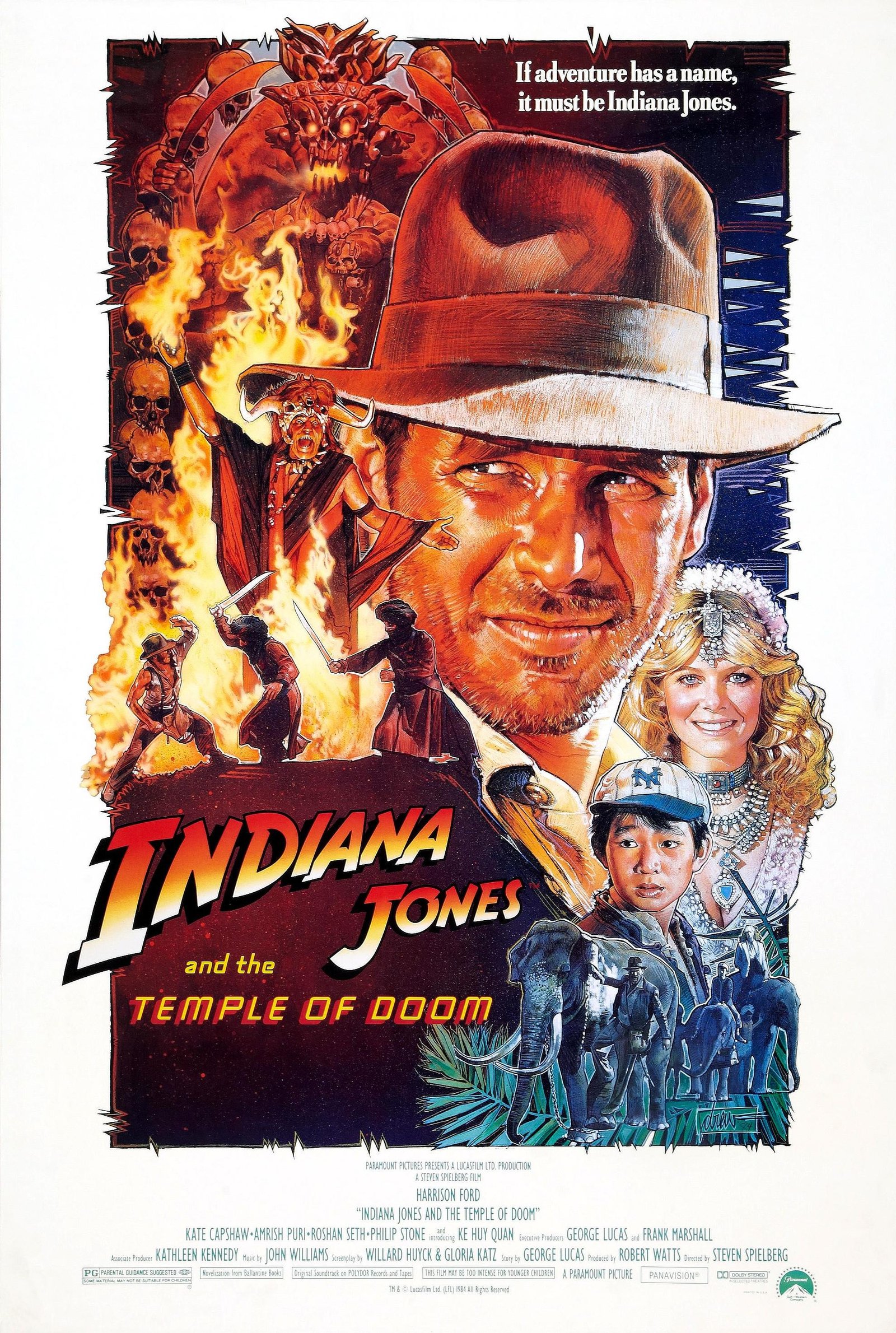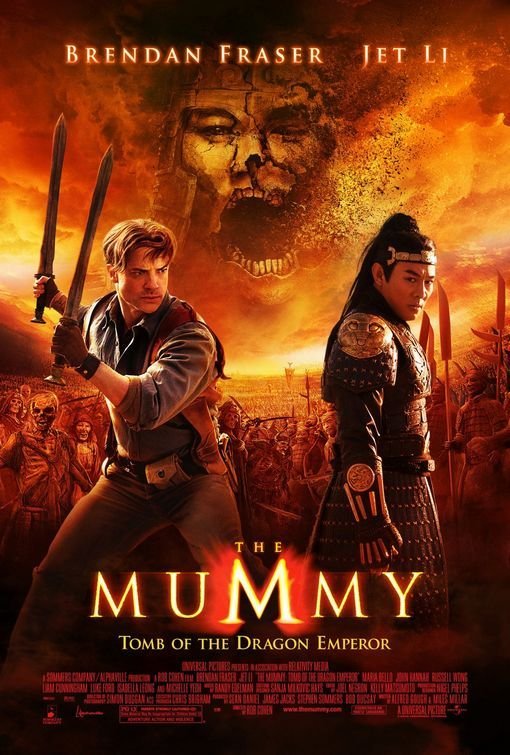Masai Mythology
Masai Mythology
east-africa

The Maasai mythology involves several beliefs of the Maasai people, an ethnic group living in Kenya and Tanzania.
The Maasai people are a semi-nomadic ethnic group that lives in southern Kenya and northern Tanzania. They have a rich oral tradition that includes myths, legends, and stories that are passed down from generation to generation. Here are a few examples of famous myths from Maasai mythology:
The creation myth:
The Maasai believe that the world was created by Enkai, the god of the sky and rain. He created the first Maasai people and the animals, and he gave them all the land to live on.
The story of the rainbow:
The Maasai believe that the rainbow is a bridge between the world of the living and the world of the dead. The rainbow is said to be created by Enkai, and it is a sign that he is watching over the Maasai people.
The story of the baobab tree:
The Maasai believe that the baobab tree is sacred and that it was created by Enkai to provide food and shelter for the animals. They also believe that the tree is a source of wisdom and that it holds the secrets of the universe.
The story of the lion:
The Maasai believe that the lion is a sacred animal and that it is a symbol of strength and courage. They also believe that the lion is a messenger of Enkai and that it brings important messages to the Maasai people.
These myths, along with others, are used by the Maasai to explain the origins of their people and their customs and to reinforce their traditional beliefs and values.








